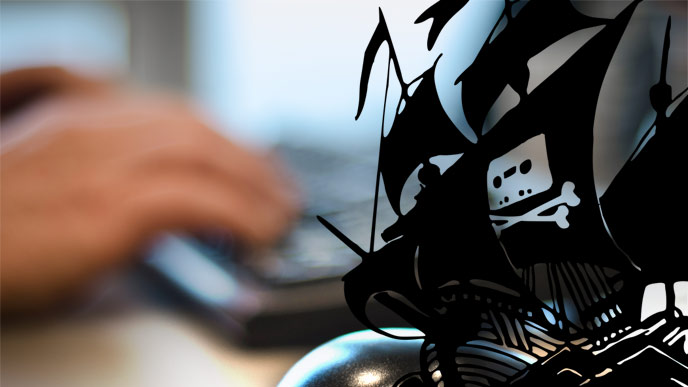
> Today, district court ruling that determines whether Bredbandsbolaget must begin blocking The Pirate Bay and now defunct Swefilmer. It is Sweden’s first blockeringsmål and it has debated how it will affect the Internet freedom.
But the question is how – or if – a blockage will affect illegal file sharing. Many previous cases indicate that it does not make any appreciable difference to block a single pirate site.
Also read: Soon, operators are forced to block The Pirate Bay. But is it even legal?
In the Netherlands ordered a court that The Pirate Bay would be blocked in 2012. The collecting society Breit, who pursued the goal, rejoiced at the victory, but it was not long-term – in January last year tore the same court the decision. The matter will certainly be taken up in the court, but as long as it is once again possible to surf in on The Pirate Bay in the country.
The decision depends largely on a study by researchers at the University of Amsterdam made. Despite the fact that The Pirate Bay was blocked for four out of five households there was “no lasting difference in the percent of the Dutch population who are downloading from illegal sources,” noted the researchers.
People who wanted to download found other sources, or use VPN services. Neither option requires no special technical prerequisites, they are just googling away.
The list of countries that blocked the pirate site is long. One of the first countries where Denmark already in 2009 put an end to The Pirate Bay, which had the opposite effect according to the site’s co-founder Peter Sunde.
“The statistics I myself saw was that the traffic does as it usually does when traffic jam – it took a different route. After a few days the traffic was higher than before because people are curious about what the media attention comes and finds the new domain names or IP addresses required. The Pirate Bay actually grew more in Denmark than in any other country following the blockage “wrote Peter Sunde in a debate article in IDG.se last spring.
Last spring released a report from the EU confirmed the picture. It’s certainly not about to block The Pirate Bay, but when the illegal German streaming site Kino was closed after a police raid.
No comments:
Post a Comment